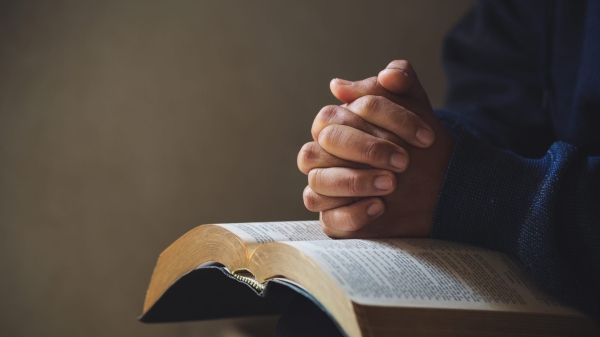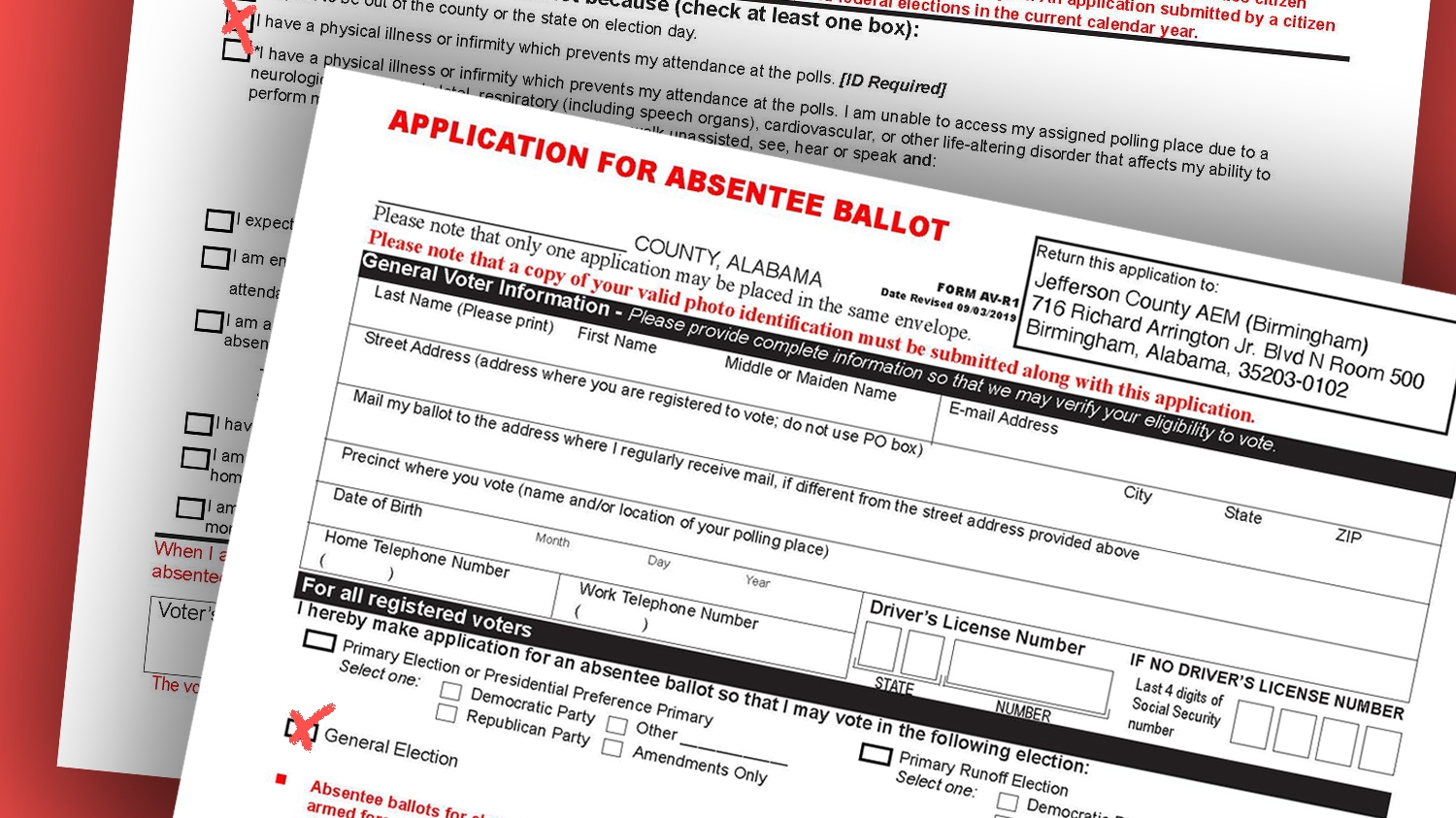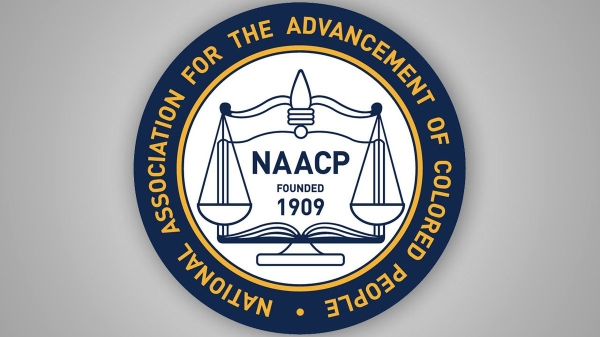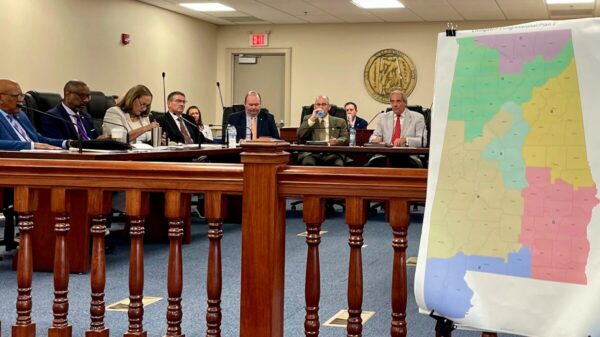Alabama Secretary of State John Merrill supports a bill that would allow for absentee voting statewide without the current requirement for an excuse, his spokeswoman told members of the House Constitution, Campaigns and Elections Committee during a hearing Wednesday.
Committee members didn’t vote on House Bill 396 — sponsored by Rep. Laura Hall, D-Huntsville — but that vote could come during the committee’s meeting next week. During a public hearing on the bill on Wednesday, members heard both support and opposition to the bill.
In addition to allowing no-excuse absentee voting, Hall’s bill would allow county commissions to appoint up to two assistants to aid absentee election managers while leaving in place other existing measures in the state law.
“Absentee ballots still have the same process that we’re dealing with today, such as being witnessed and notarized, and a copy of the photos photo ID would still be required,” Hall said.
Grace Newcombe, a spokeswoman for Alabama Secretary of State John Merrill, told members during the hearing that Merrill supports the bill, and that the excuses listed on an absentee ballot application “seldom serve any real purpose.”
Currently, state law mandates that a person check a box providing an approved reason for them to be voting by absentee, which includes being ill or for those who will be out of town on election day.
“According to circuit clerks and others who interact regularly with these individuals, excuses on the application and affidavit are rarely, if ever, compared to check that they match,” Newcombe said.
Merrill, using his emergency powers, expanded absentee voting leading up to the 2020 general election by allowing voters to use a health excuse due to the COVID-19 pandemic.
“After encouraging those concerned voters to cast an absentee ballot, we witnessed record absentee participation, with more than 305,000 absentee ballots cast,” Newcombe said. “The previous record was from 2012 when more than 88,000 absentee ballots were cast.”
“So after more than three-and-a-half times the state’s previous record of absentee ballots were cast, we witnessed a clean, fair and secure election, and we still released unofficial election results on election night,” Newcombe continued.
Since 2015, there have been just five convictions related to absentee voting in Alabama, Newcombe said.
“Of these convictions, our office has determined that the excuse provisions would not have deterred voter fraud. Rather, it was the witness and notary requirements that were more helpful in convicting the responsible parties,” Newcombe said.
Additionally, there is no statutory authority in the state to punish someone who incorrectly fills out the excuse portion of a ballot application, Newcombe said, adding that Merrill knows of only one circuit clerk statewide who verifies a person’s reasons for voting absentee.
“Therefore, because the excuses serve no real purpose, and because Alabama has successfully handled a very similar effort to no-excuse absentee voting on November 3, we believe Alabama is fully prepared to make this change and provide more accessible means of voting for our constituents,” Newcombe said.
Chris May, circuit clerk in Randolph County, speaking on behalf of the Alabama Circuit Clerk’s Association, said the association opposes the bill, and that he believes the state has a safe, secure and accessible voting process.
“So that begs the question: Why do we want to make changes to a system or need to make changes to a system and a process that works?” May said.
May said the bill would create a number of issues at county courthouses, including crowds and traffic issues.
Judge Michael Bunn from Pike County, speaking on behalf of the Alabama Probate Judge’s Association, said the state’s election managers also oppose the legislation.
“This is one step in removing the election integrity within the absentee process,” Bunn said.
Carla Woodall, the circuit clerk for Houston County, spoke out against the bill, and said removing the reasons for voting absentee “establishes essentially early voting, and we have no foundation to support early voting.”
“We all know by removing the reasons, it will increase the number of individuals making applications, which will increase the need of manpower, equipment, supplies and postage,” Woodall said, estimating that the cost for every county to hire two additional assistants to help with absentee ballots would be $1.4 million per election cycle.
Woodall noted, however, that Hall’s bill does not yet have a fiscal note, which is drafted by the Alabama Legislative Services Agency and can predict any costs to the state for proposed legislation.
Evan Milligan, executive director of Alabama Forward, a nonprofit coalition of advocacy groups that focus on voter engagement, told members that no-excuse absentee voting last year “proved itself under the most severe imaginable conditions.”
“Historic unemployment. Pandemic. Overwhelmed Postal Service. Looming political violence,” Milligan said.
Despite those obstacles, the state set a record for absentee ballot voting, Milligan said, which eased burdens on rural voters and voters with transportation issues.
“After record-breaking success, why roll back?” Milligan said.
Some Republican committee members expressed concern over what they said would be costly, logistical challenges if the bill were approved.
Rep. Chris Pringle, R-Mobile, asked Woodall if the 7,000 absentee ballot requests her county office received during the Nov. 3 election resulted in a “massive” increase of cost to her county.
“Massive. Yes,” Woodall said.
Rep. Matt Simpson, R-Daphne, expressed concern over changing the state’s current law and asked Newcombe about a Feb. 10 press release by Merrill that noted that Alabama was the only state to receive an “A” rating from the Concerned Women for America Legislative Action Committee in the committee’s State Election Integrity Scorecard.
“My question to you is, if it’s not broken why try to fix it?” Simpson asked Newcombe.
“I would say that just because something works doesn’t mean we shouldn’t be working to make it more effective and more accommodating to the voters of Alabama,” Newcombe said. “And Secretary Merrill believes this is one step in the right direction.”













































